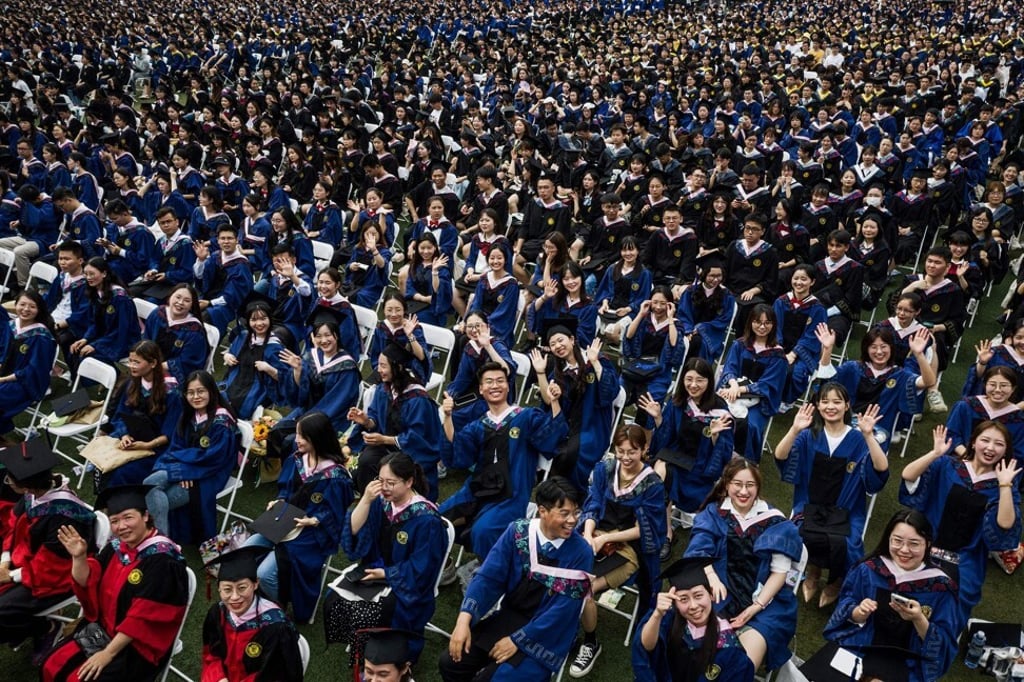Advertisement
China’s Big Tech still most attractive employer for university students despite Beijing’s scrutiny of the sector
- Huawei and Alibaba ranked as the two most attractive employment destinations for mainland Chinese university students, a new survey says
- Tencent, ByteDance, Xiaomi, Baidu and JD.com also ranked high as students’ preferred employers
Reading Time:2 minutes
Why you can trust SCMP
3

China’s Big Tech companies remain the most attractive employers for university students across several different college majors, despite Beijing’s increased scrutiny of the sector.
Huawei Technologies Co, the world’s largest telecommunications equipment vendor, and e-commerce giant Alibaba Group Holding held the top two spots as the most attractive employers to students with majors in business, engineering, natural sciences and even humanities, according to Swedish employer branding firm Universum’s latest survey, which covered 58,644 students from 108 universities.
Since 2018, Huawei and Alibaba have been the annual survey’s top-ranked picks for students in those majors. The only exception was in 2019, when smartphone vendor Xiaomi was the No 2 choice for engineering students. Alibaba is the parent firm of the South China Morning Post.
Advertisement
Other Chinese Big Tech companies that ranked at the top of the latest Universum list included video gaming and social media powerhouse Tencent Holdings, TikTok owner ByteDance, Xiaomi, mainland internet search leader Baidu and online retailer JD.com.

Advertisement
Universum’s latest survey results highlight the increasingly important role played by China’s digital economy, which made up nearly 40 per cent of the country’s gross domestic product in 2020, as consumers and businesses moved many of their daily activities online amid the disruptions caused by the coronavirus pandemic.
That segment of China’s economy amounted to 39.2 trillion yuan (US$6 trillion) last year, an increase of 3.3 trillion yuan from 2019, according to the white paper Digital Economy Development in China (2021), published in April by the China Academy of Information and Communication Technology, a think tank affiliated with the Ministry of Industry and Information Technology.
Advertisement
Select Voice
Choose your listening speed
Get through articles 2x faster
1.25x
250 WPM
Slow
Average
Fast
1.25x